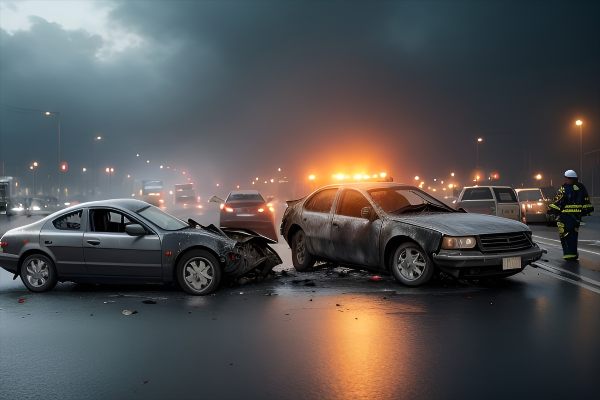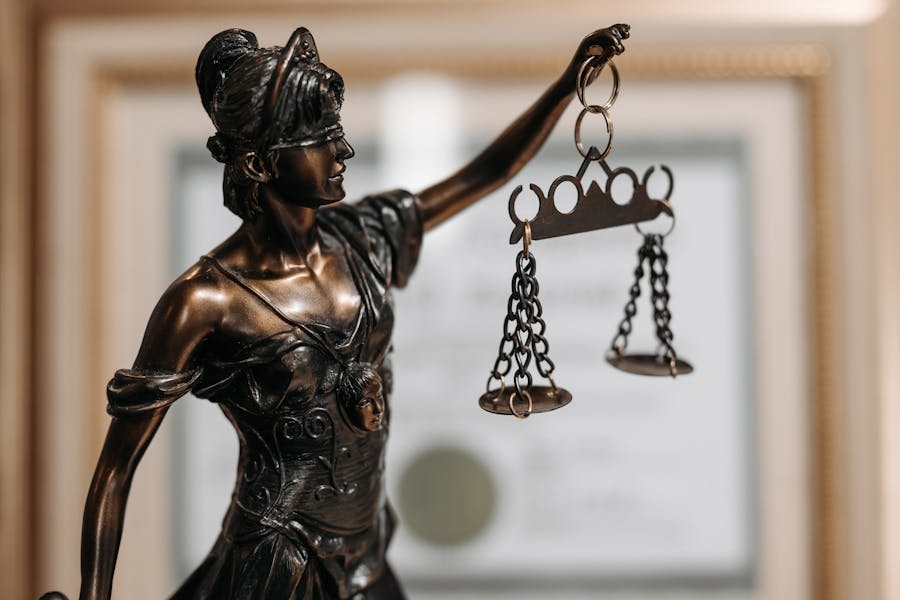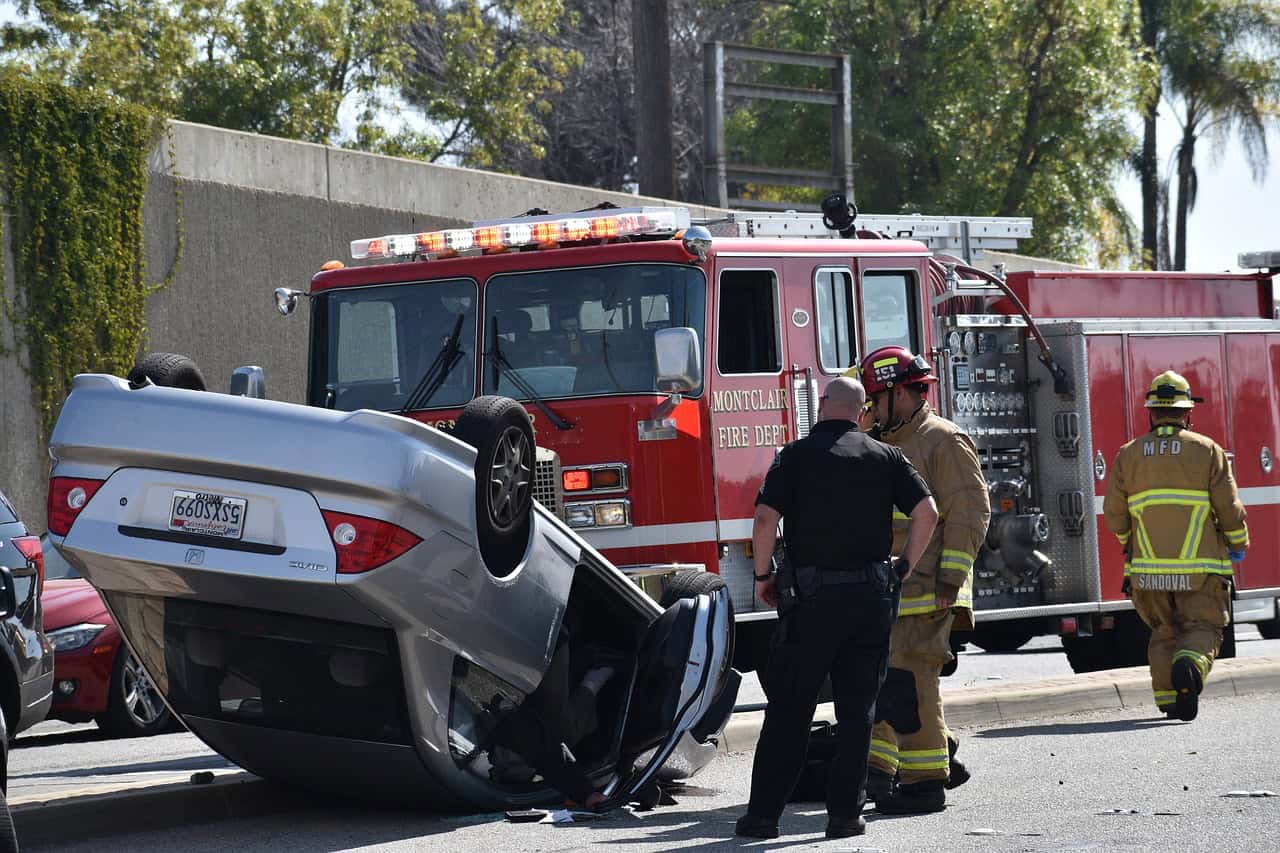Top Car Accident Lawyer Boston
Secure the compensation you deserve with our leading Boston car accident lawyer, specializing in effective legal representation for auto injury victims.
We’re Advocates For Justice And Right
As dedicated advocates for justice and rights, our car accident lawyer in Boston is committed to securing fair outcomes for all our clients.

Our Mission

Our Vision
Our Car Accident Lawyer Working Process

Initial Consultation and Case Evaluation

Investigation and Evidence Gathering

Negotiation and Litigation
Boston Car Accident Injury Lawyers Have Been Featured in Various Media Outlets


Discussion Highlights on the Best Car Accident Lawyer in Boston
Satisfaction Rate
Support Rate
Discover Frequently Asked Questions from Our Support
Explore the most common inquiries on our support platform, specifically tailored for those seeking a Boston lawyer for car accidents. Find detailed responses and expert advice to navigate your legal needs. Our support section provides insights into choosing the right Boston accident car lawyer. Discover essential tips and guidance directly from legal professionals.
After a car accident, it's crucial to prioritize safety above all else. Ensure that everyone involved is safe and out of harm's way. If there are any injuries, immediately call emergency services for medical assistance. While waiting for help to arrive, if it's safe to do so, move vehicles to the side of the road to prevent further accidents and hazards. Once everyone is safe, begin documenting the scene by taking photos or videos of the vehicles involved, any damage, road conditions, and any visible injuries. Exchange information with other drivers involved, including names, contact details, insurance information, and vehicle registration numbers. Finally, notify your insurance company about the accident as soon as possible to begin the claims process.
Fault in a car accident is typically determined through a thorough investigation of the circumstances surrounding the collision. This process involves gathering evidence such as eyewitness testimony, police reports, and physical evidence from the scene. Factors such as traffic laws, road conditions, weather conditions, and driver behavior are carefully considered to establish which party or parties were responsible for causing the accident. In some cases, surveillance footage from nearby cameras or data from vehicle black boxes may also be used to reconstruct the events leading up to the crash.
After a car accident, you may be entitled to claim various types of damages to compensate you for the losses you've suffered. These damages typically fall into two categories: economic damages and non-economic damages. Economic damages include quantifiable financial losses such as medical expenses, property damage, and lost wages or income due to inability to work. Non-economic damages, on the other hand, compensate for intangible losses such as pain and suffering, emotional distress, and loss of enjoyment of life. In cases of particularly egregious conduct by the at-fault party, punitive damages may also be awarded to punish the wrongdoer and deter similar behavior in the future.
The timeframe within which you must file a lawsuit after a car accident is governed by the statute of limitations, which varies by state. In most states, the statute of limitations for filing a personal injury lawsuit arising from a car accident ranges from one to three years from the date of the accident. However, it's essential to check the specific laws in your state, as failure to file within the prescribed timeframe may result in the loss of your right to seek compensation through legal action.
Yes, you may still be eligible to receive compensation for your injuries and losses even if you were partially at fault for the accident. Many states follow a comparative negligence system, which allows individuals to recover damages proportionate to their degree of fault. In other words, if you were found to be partially responsible for the accident, your compensation may be reduced by your percentage of fault. However, in states that adhere to a contributory negligence system, if you are found to have contributed to the accident in any way, you may be barred from recovering any compensation.
Immediately following a car accident, it's essential to prioritize safety and take steps to protect yourself legally and financially. First and foremost, ensure that everyone involved in the accident is safe and receive any necessary medical attention. Contact the police to report the accident and wait for them to arrive to document the scene. While waiting, exchange information with the other parties involved, including names, contact details, insurance information, and vehicle registration numbers. If possible, take photos or videos of the accident scene, including any damage to vehicles and any visible injuries. Finally, notify your insurance company about the accident as soon as possible to initiate the claims process.
Fault in a car accident is typically determined through a comprehensive investigation of the circumstances surrounding the collision. This investigation may involve gathering evidence such as witness statements, police reports, and physical evidence from the scene. Factors such as traffic laws, road conditions, weather conditions, and driver behavior are carefully analyzed to determine which party or parties were responsible for causing the accident. In some cases, accident reconstruction experts may be called upon to provide additional insight into the sequence of events leading up to the crash.
In a car accident lawsuit, various types of damages may be claimed to compensate the injured party for their losses. These damages can be broadly categorized into economic damages and non-economic damages. Economic damages include quantifiable financial losses such as medical expenses, property damage, and lost wages or income due to inability to work. Non-economic damages, on the other hand, compensate for intangible losses such as pain and suffering, emotional distress, and loss of enjoyment of life. In cases of particularly egregious conduct by the at-fault party, punitive damages may also be awarded to punish the wrongdoer and deter similar behavior in the future.
The statute of limitations for filing a car accident lawsuit varies by state but typically ranges from one to six years from the date of the accident. It's essential to be aware of and adhere to the statute of limitations in your state, as failure to file within the prescribed timeframe may result in the loss of your right to seek compensation through legal action. Additionally, initiating legal proceedings sooner rather than later can help preserve evidence, gather witness testimony, and build a strong case for compensation.
A lawyer can provide invaluable assistance and guidance throughout the process of pursuing a car accident claim. From the initial consultation to the resolution of the case, a skilled attorney can offer legal advice, negotiate with insurance companies on your behalf, gather evidence to support your claim, and represent you in court if necessary. By leveraging their expertise and resources, an experienced car accident lawyer can help maximize your chances of obtaining fair compensation for your injuries and losses. Additionally, having a lawyer by your side can alleviate the stress and complexity of navigating the legal system, allowing you to focus on your recovery and moving forward after the accident.












